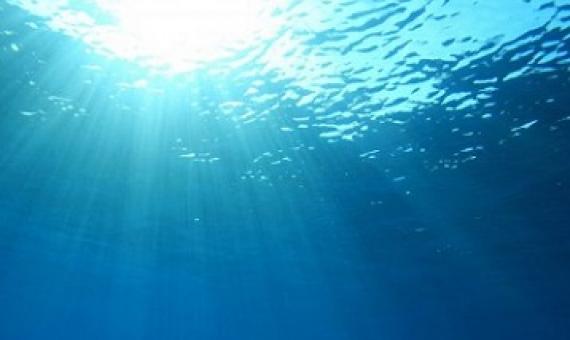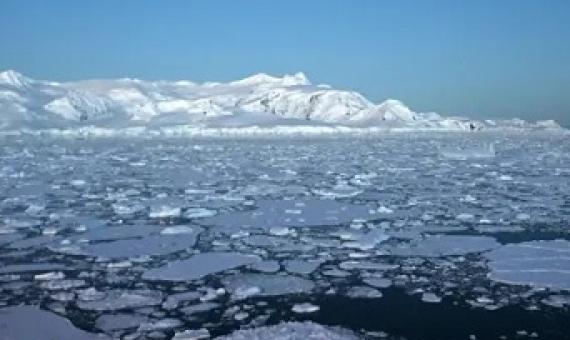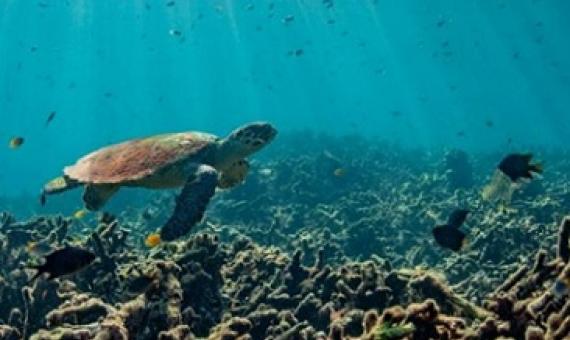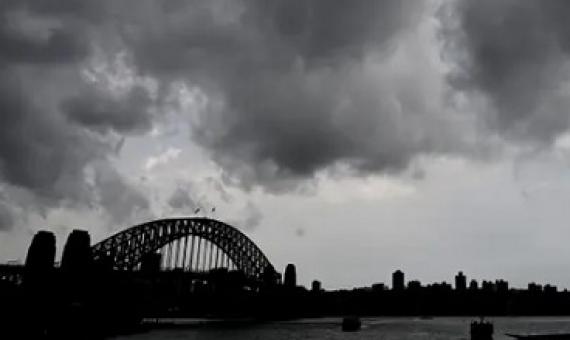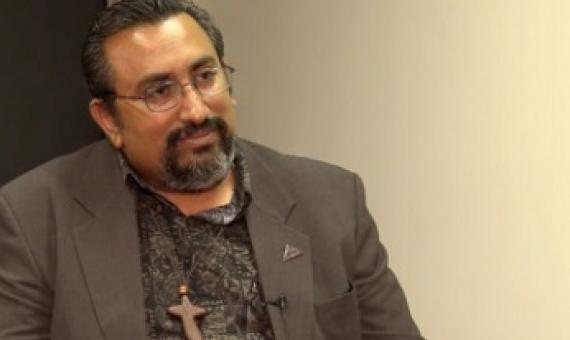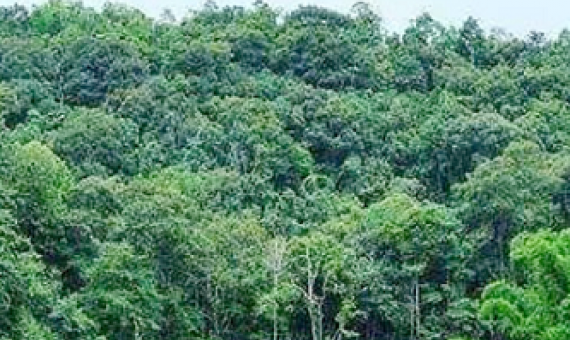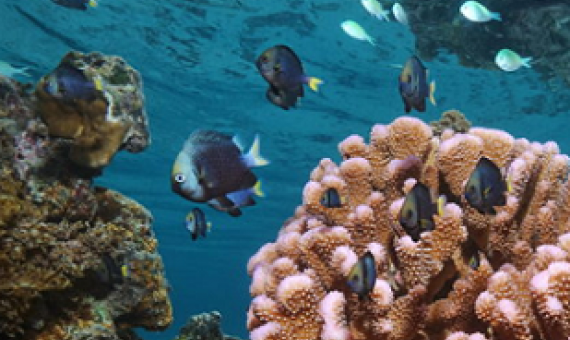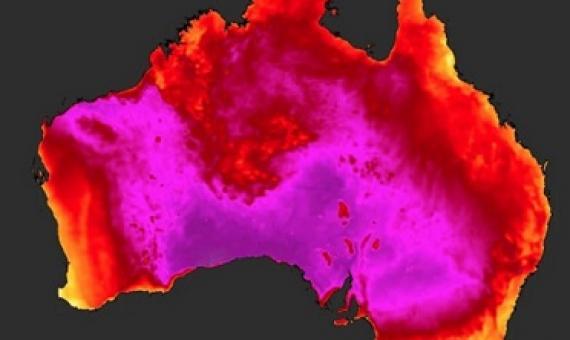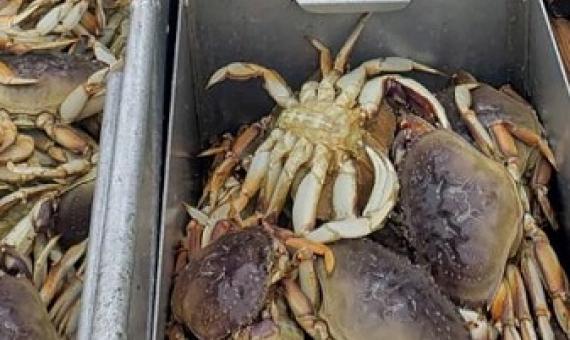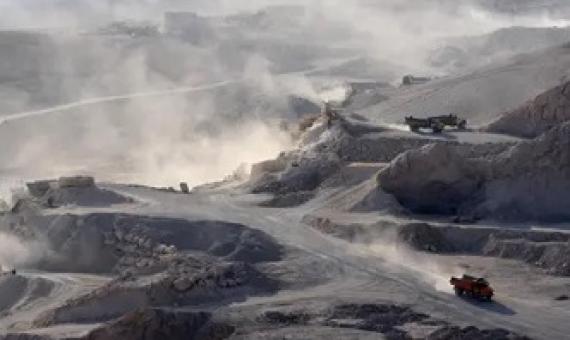There’s a lot of concern that we only have a 10-year window to protect the amount of habitat we need, and to slow climate change,” said Dr.
The Antarctic has registered a temperature of more than 20C (68F) for the first time on record, prompting fears of climate instability in the world’s greatest repository of ice.
“Time is running out”, stressed Carolina Schmidt, Chile’s Environment and Climate Minister, in a video address before 2019’s Climate Conference COP25 last December. “There cannot be an effective global response to climate change without a global response on ocean issues,” she added.
The world is facing a series of interlinked emergencies that are threatening the existence of humans, because the sum of the effects of the crises is much greater than their individual impacts, according to a new global study.
When discussing the issue of forced migration, we see images in the U.S. of violence and economic inequality in Central America, South America and parts of the Middle East. But in Asia and the Pacific, the Rev.
Tropical deforestation is having a greater impact on the global carbon cycle than was previously realized, according to new research.
Tropical forests and coral reefs are experiencing a shocking collapse driven by climate change, human action and extreme weather such as hurricanes, floods and heatwaves.
Eighty leading researchers have called on Australia's governments to "acknowledge the gravity of the threat posed by climate change" and cut greenhouse gases "to safeguard against catastrophe". An open letter, signed by present and recent Australian Research Council laureates, said whil
he Pacific Ocean is becoming more acidic, and the cash-crabs that live in its coastal waters are some of its first inhabitants to feel its effects.
The amount of material consumed by humanity has passed 100bn tonnes every year, a report has revealed, but the proportion being recycled is falling.The climate and wildlife emergencies are driven by the unsustainable extraction of fossil fuels, metals, building materials and trees.

